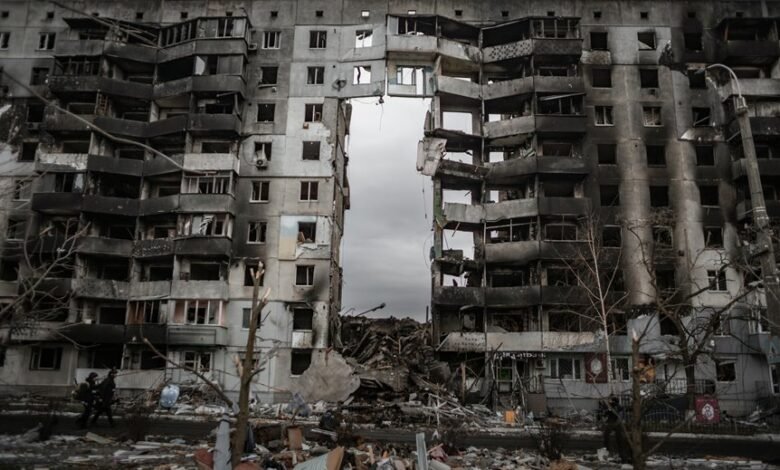Atlantic City Fire: Details and Impact

The fire in Atlantic City has emerged as a critical incident with far-reaching implications. Witness accounts depict a scene of chaos, marked by fierce flames and heavy smoke. Immediate economic repercussions are evident, threatening jobs and tourism. Additionally, looming environmental issues raise alarms over air quality and wildlife safety. As the community grapples with these challenges, the urgency for robust recovery strategies becomes increasingly apparent. What measures will be implemented to ensure resilience in the face of such adversity?
Overview of the Fire Incident
Although the exact cause remains under investigation, the recent fire incident in Atlantic City has drawn significant attention due to its scale and impact on the local community.
The fire timeline indicates rapid escalation, with eyewitness accounts describing intense flames and thick smoke.
Emergency responders faced challenges in controlling the blaze, highlighting the need for strategic disaster preparedness in urban settings to safeguard community freedoms and safety.
Immediate Economic Consequences
The recent fire incident in Atlantic City has triggered immediate economic repercussions that resonate throughout the local community.
Notably, significant job losses are anticipated as businesses grapple with rebuilding efforts.
Furthermore, the tourism decline is evident, with visitors hesitant to frequent an area marked by disaster.
These factors collectively threaten the economic stability and growth potential of Atlantic City in the short term.
Environmental Concerns and Responses
As the ashes of the recent fire settle, environmental concerns emerge prominently, demanding urgent attention and strategic responses from local authorities and organizations.
Deteriorating air quality poses immediate health risks, while the wildlife impact threatens local ecosystems.
Authorities must implement rigorous air quality monitoring and wildlife rehabilitation programs to mitigate harm, ensuring a balanced approach that preserves both public health and natural habitats.
Long-term Recovery Strategies
Recognizing the profound impact of the Atlantic City fire, local leaders are tasked with developing comprehensive long-term recovery strategies that address both immediate needs and future resilience.
This includes prioritizing community rebuilding efforts, ensuring access to essential services, and implementing financial assistance programs.
Conclusion
In the wake of the Atlantic City fire, the community stands at a crossroads, where the shadows of destruction beckon resilience and renewal. As economic and environmental challenges loom, strategic recovery efforts must forge a path toward revitalization. By uniting resources and fostering preparedness, Atlantic City can not only extinguish the embers of despair but also ignite a brighter future. It is in the ashes of adversity that the seeds of hope may flourish, promising a resilient tomorrow.




